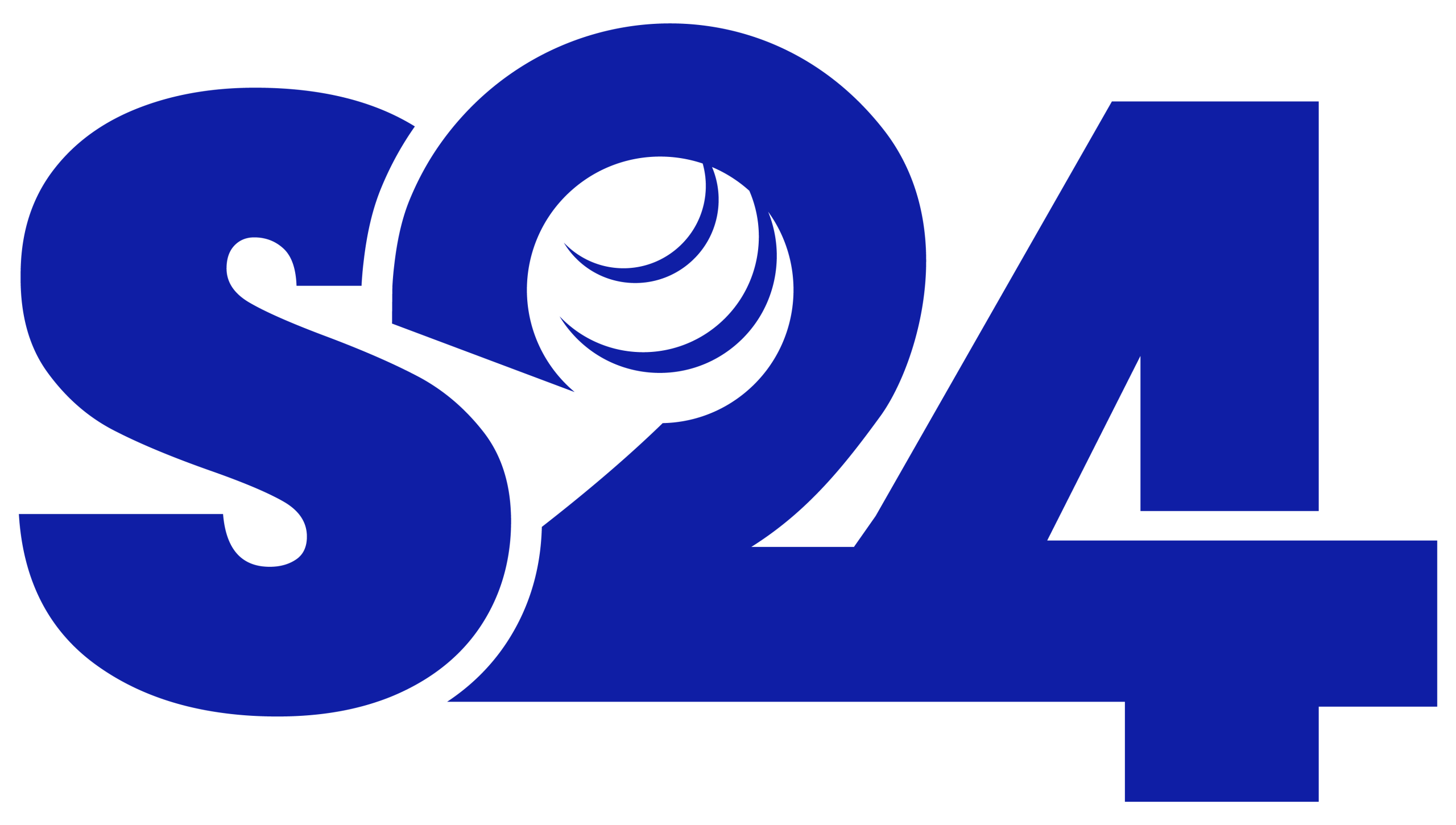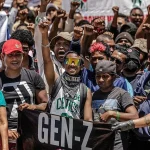The United States government has officially entered a shutdown after lawmakers in Congress failed to reach an agreement on the federal budget. The development, which has dragged on for days, is already sending shockwaves across global financial markets, raising fears of economic instability and currency volatility.
Analysts say the shutdown underscores not just America’s deepening political divisions, but also its ripple effects on economies worldwide, particularly developing countries like Nigeria that remain heavily exposed to dollar fluctuations.
At the heart of the impasse is a bitter disagreement between Republicans and Democrats in the U.S. Congress over spending priorities, debt limits, and policy riders. Without an approved budget or stopgap funding measure, federal agencies have run out of legal authority to operate, leading to what is now the 22nd government shutdown in modern U.S. history.
The White House has blamed what it calls “extremist factions” within Congress for stalling negotiations, while opposition lawmakers insist on budget cuts and policy changes before approving funds.
The immediate impact is already being felt within the United States. Hundreds of thousands of federal workers have been furloughed, while others deemed “essential” continue working without pay. National parks, research institutions, and visa services are partially or fully closed.
Economists warn that if the shutdown persists, it could trim U.S. GDP growth, disrupt supply chains, and weaken consumer confidence.
One Washington resident, a federal worker, said:
“This is not just politics for us. We don’t know how we will pay rent or feed our kids if this continues.”
The shutdown has spilled into the global currency markets, where the U.S. dollar has shown unusual swings against major currencies. Investors are hedging against uncertainty, with safe-haven assets like gold and the Japanese yen seeing modest gains.
In Monday’s forex trading, the dollar index (DXY), which measures the greenback against six major currencies, fell slightly as traders weighed the risk of prolonged political instability.
According to Bloomberg data, the euro and pound sterling gained ground, while emerging market currencies remained volatile.
Forex analyst Samuel Adeyemi told reporters:
“Markets hate uncertainty, and a U.S. government shutdown represents exactly that. It raises questions about fiscal discipline, debt servicing, and investor trust. The longer it lasts, the more pressure it will put on the dollar.”
For Nigeria, the ripple effect is clear. The naira, already under pressure due to domestic inflation and foreign exchange scarcity, could face additional strain if the dollar weakens erratically in the short term or strengthens sharply once the shutdown ends.
Traders in Lagos say forex demand remains high, with businesses scrambling to hedge against sudden shifts.
A bureau de change operator in Abuja explained:
“Any time the U.S. has these shutdown dramas, the market reacts. Importers get worried about rates, and banks tighten dollar liquidity. We’re already seeing people rush to buy ahead.”
The Central Bank of Nigeria (CBN) has yet to issue an official statement, but experts say maintaining forex stability will be more difficult in the coming weeks.
The International Monetary Fund (IMF) and World Bank have cautioned that prolonged U.S. instability could dampen investor confidence globally.
In a brief, IMF’s spokesperson said:
“The U.S. remains the anchor of the global economy. Political gridlock that leads to shutdowns undermines not only domestic growth but also the confidence of investors worldwide.”
Asian and European markets have also shown mixed reactions. Japan’s Nikkei index fell slightly, while London’s FTSE 100 edged higher as investors shifted to non-dollar assets.
Beyond the economics, the shutdown carries heavy political consequences. With the 2026 midterm elections in view, both Republicans and Democrats are keenly aware of the blame game.
President Joe Biden has called on Congress to “act responsibly and end the shutdown immediately,” while House Republicans accuse the administration of reckless spending.
Political analysts say prolonged shutdowns tend to erode public trust in governance.
If history is any guide, U.S. shutdowns eventually end in a compromise, but often after economic disruptions and political damage. The longest shutdown in U.S. history, which lasted 35 days in 2018–2019, cost the economy an estimated $11 billion.
Experts say the current standoff could follow a similar path unless bipartisan consensus is reached soon.
For global forex traders and emerging markets like Nigeria, all eyes remain on Washington. The longer the deadlock persists, the deeper the uncertainty and the harsher the impact on currencies, trade, and investment flows.
The U.S. government shutdown is more than just an American political drama. It is a global economic event with real consequences for businesses, workers, and currencies around the world. For Nigeria, it means heightened forex pressures and yet another layer of uncertainty in an already fragile economic climate.
As the standoff drags on, one thing is certain: Washington’s gridlock is everyone’s problem.







